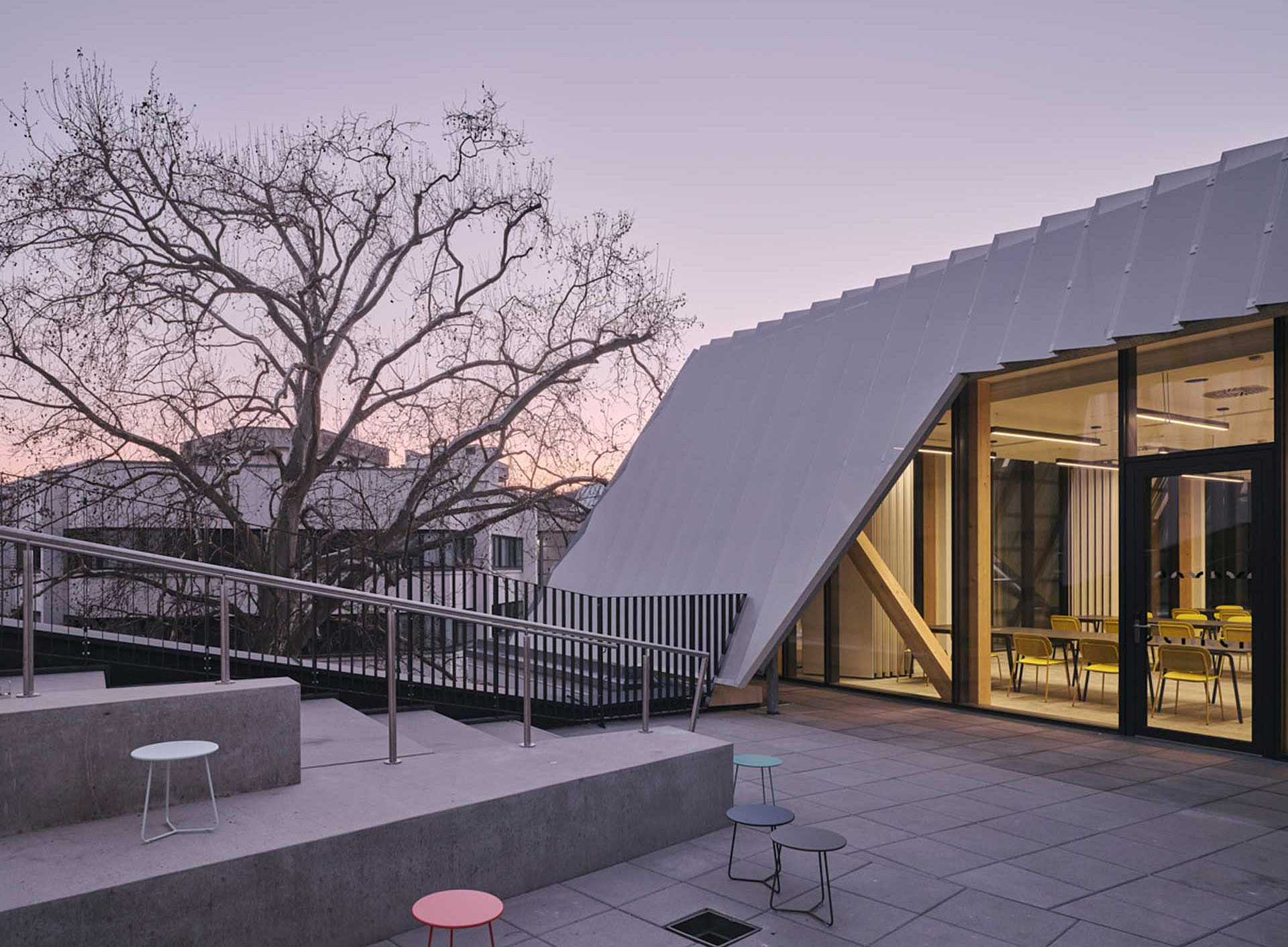"The Covid vaccines originated from university research," says Weber, recalling the successful collaboration between science and industry. It is actually an interplay. Because one requires the other. Weber talks about the effects of feedback: "Entrepreneurial thinking raises new questions and opens up new funding opportunities. This attracts outstanding scientists and curious students, who in turn find interesting jobs in companies that settle in such an innovative environment. All of this makes the university more attractive and strengthens the entire location."
It is also confirmed that top-ranked universities are also ahead in the commercialization of their research. The prerequisite for this is a critical mass of start-ups that fuel each other and their environment.
A step into entrepreneurship
The basis is created by resources and framework conditions that facilitate the step into entrepreneurship. This is why the University of Graz opened the "unicorn" in 2021. "We see ourselves as a service provider that supports academics," says Bernhard Weber. The focus of the extensive range of services is on know-how transfer and the bundling of funding programs. Particular attention is paid to community work with a focus on start-ups and spin-offs. Weber: "The exchange naturally takes place across the university, because innovation doesn't stop at the campus."
At the same time, the architecturally striking building complex between Schubertstrasse and Leechgasse is a visible symbol of the spirit that is intended to have an impact far beyond the campus boundaries. "We are also making it clear that science and business work well together."
Active role of the University of Graz
A general university in particular has great potential, as demonstrated by the extremely active role of the University of Graz in the spin-off sector. "Because in addition to the variety of topics, the diversity of disciplines in the teams enriches the approach," affirms the unicorn Managing Director. The "Pure Surf" project is currently extremely promising. Chemists Katalin Barta Weissert and Markus Hochegger are developing a climate-friendly alternative to petroleum-based surfactants, which are known to be found in detergents, hair shampoo, ointments and vaccines. It is intended to replace lignin, a waste product from the paper industry. With the help of the unicorn, the technology is being prepared for industrial application.
The example also proves that basic research and application orientation are by no means mutually exclusive. Ultimately, it is always about solving social challenges in line with the University of Graz's motto "we work for tomorrow".
